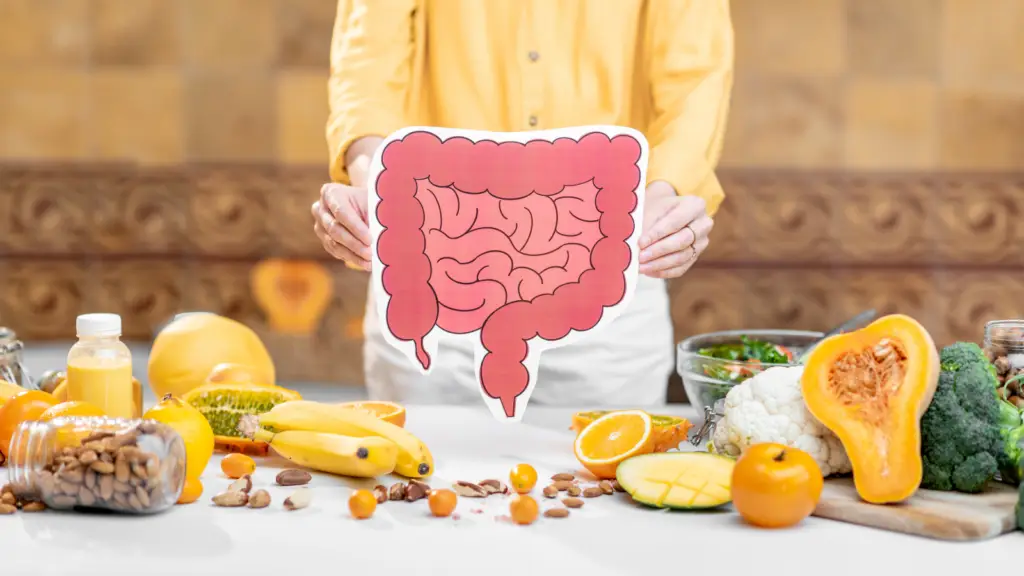Small Intestinal Bacterial Overgrowth (SIBO) is a complex condition that occurs when there is an excessive amount of bacteria in the small intestine. This imbalance can lead to a plethora of symptoms, affecting not just digestive health, but the overall well-being of an individual. As a functional medicine provider focused on gut health, I believe in addressing the root causes of SIBO through a holistic approach. Let’s dive into the symptoms, testing methodologies, and treatment options for SIBO.
Common Symptoms of SIBO
SIBO manifests in a variety of symptoms that can often overlap with other digestive disorders, making it challenging to diagnose based on symptoms alone. Common signs include:
- Bloating and Gas: Excessive bacteria in the small intestine can produce a large amount of gas, leading to uncomfortable bloating.
- Abdominal Pain or Discomfort: This can vary from mild to severe and may be exacerbated after eating.
- Diarrhea or Constipation: SIBO can disrupt the normal bowel movements, leading to either diarrhea, constipation, or sometimes alternating between the two.
- Nutrient Deficiencies: Because SIBO can damage the mucosal lining of the small intestine, it may lead to malabsorption of nutrients.
- Weight Loss: In some cases, significant malabsorption can lead to unintentional weight loss.
- Symptoms of Food Intolerance: Such as reactions to vegetables like garlic, onions, broccoli, fiber, gluten, lactose, and sucrose, which may exacerbate the condition.

Testing for SIBO
Accurate diagnosis is crucial for effective treatment. The most commonly recommended test for diagnosing SIBO is the breath test, which measures the levels of hydrogen and methane gases. These gases are produced when bacteria ferment sugars in the small intestine. The test involves ingesting a sugar solution and breathing into a device over a few hours to measure the gas levels. Elevated levels can indicate SIBO.
Root Causes of SIBO
Understanding the Root Causes of SIBO
To effectively address and prevent SIBO, it’s crucial to understand its root causes. SIBO typically arises when there’s a disruption in the normal motility of the small intestine, allowing bacteria to accumulate and overgrow. This can be due to several underlying factors, including intestinal dysmotility (an abnormal movement of the digestive system), structural abnormalities in the gut (such as strictures or diverticula), medications that affect intestinal motility like opioids, and post-infectious damage resulting from gastroenteritis. Conditions that affect the body’s defense mechanisms, such as impaired stomach acid secretion or immunodeficiency disorders, can also predispose someone to SIBO by allowing bacteria to colonize more easily in the small intestine. Furthermore, chronic stress is recognized as a potential facilitator of SIBO by impacting gut motility and barrier function. By identifying and addressing these underlying issues, alongside direct treatment of SIBO, one can achieve a more comprehensive and lasting recovery. This dual-focus approach highlights the importance of a personalized assessment in functional medicine, aiming not just to treat symptoms, but to rectify the foundational disturbances that contribute to SIBO’s development.
Holistic Treatment Options for SIBO

Diet Modifications
One of the first steps in managing SIBO is to adjust your diet to reduce the fermentation of foods in the small intestine. This can involve:
- Low FODMAP Diet: Reducing intake of certain carbohydrates that are poorly absorbed and easily fermented by bacteria.
- Specific Carbohydrate Diet (SCD): Eliminates complex carbohydrates to reduce bacterial overgrowth.
It’s vital to approach diet changes with the guidance of a healthcare professional to ensure you are still receiving adequate nutrition.
Antibiotics
In the journey toward healing Small Intestinal Bacterial Overgrowth (SIBO), Xifaxin has emerged as a beacon of hope for many. This specialized antibiotic targets the excess bacteria in the small intestine with precision, offering relief without extensively affecting the beneficial flora in other parts of the digestive system. For many, herbal antibiotics offer an effective alternative to pharmaceutical ones with fewer side effects. Herbs such as oregano oil, berberine, and garlic have shown antimicrobial properties against the bacteria implicated in SIBO. These herbs should always be choosen in partnership with a qualified healthcare provider. And please know that antibiotics are only one part of a comprehensive treatment plan for this complex condition.
Prokinetics
After addressing the overgrowth, prokinetic agents can be used to help ensure proper movement through the gut, preventing relapse. These can be prescription medications or natural options like ginger.
Rebuilding the Gut
Post-treatment, focusing on healing the lining of the gut and rebalancing the microbiome is crucial. Supplements like L-glutamine, omega-3 fatty acids, and a carefully selected probiotic regimen can support gut health.
Dealing with Underlying Conditions
Often, SIBO does not occur in isolation. Conditions such as irritable bowel syndrome (IBS), leaky gut syndrome, and chronic stress can play a significant role. Addressing these underlying issues is essential for preventing recurrence.
Understanding the root causes of Small Intestinal Bacterial Overgrowth (SIBO) requires delving into the complex interplay between our body’s normal physiological processes and the factors that disrupt them. At its core, SIBO occurs when the bacterial population in the small intestine becomes abnormal, often resulting in a wide range of uncomfortable symptoms. Several underlying conditions and factors have been identified that may predispose individuals to developing SIBO. These include, but are not limited to, slow motility or movement of the small intestine, conditions that disrupt the normal gut flora such has disordered eating, food poisioning or international travel, anatomical abnormalities of the small intestine, and the use of medications that affect normal gut flora and motility.
Moreover, diseases that affect the muscles or nerves in the gut such as diabetes or scleroderma, can lead to slower transit times, giving bacteria more time to overgrow. Similarly, surgical procedures that involve the gastrointestinal tract might change the normal anatomy and function of the gut, contributing to the development of SIBO. Lastly, the use of proton pump inhibitors (PPIs), which reduce stomach acid, may also be linked to an increased risk of SIBO, as stomach acid plays a role in controlling the growth of bacteria in the small intestine.
The Bottom Line
SIBO is a complex condition that requires a multifaceted approach for effective treatment. It necessitates not just the eradication of overgrown bacteria but also a deep dive into dietary habits, lifestyle adjustments, and underlying health issues. As you navigate this journey, remember that patience and persistence are key. Healing the gut is not an overnight process, but with the right approach, it is possible to restore balance and improve your quality of life.
For more insights on gut health and holistic wellness strategies, stay tuned to our blog. Together, let’s journey toward vibrant health, one step at a time.
Disclaimer: This article is for informational purposes only and does not constitute medical advice. The information contained herein is not meant to replace professional guidance and is to be used in conjunction with a licensed healthcare provider.





